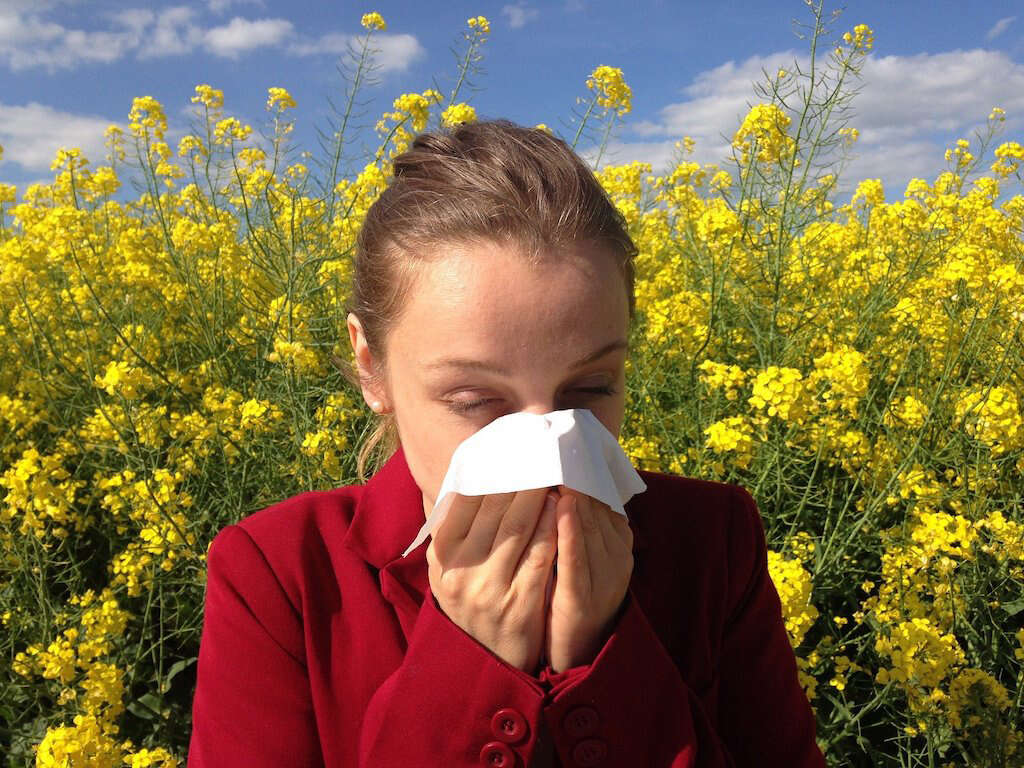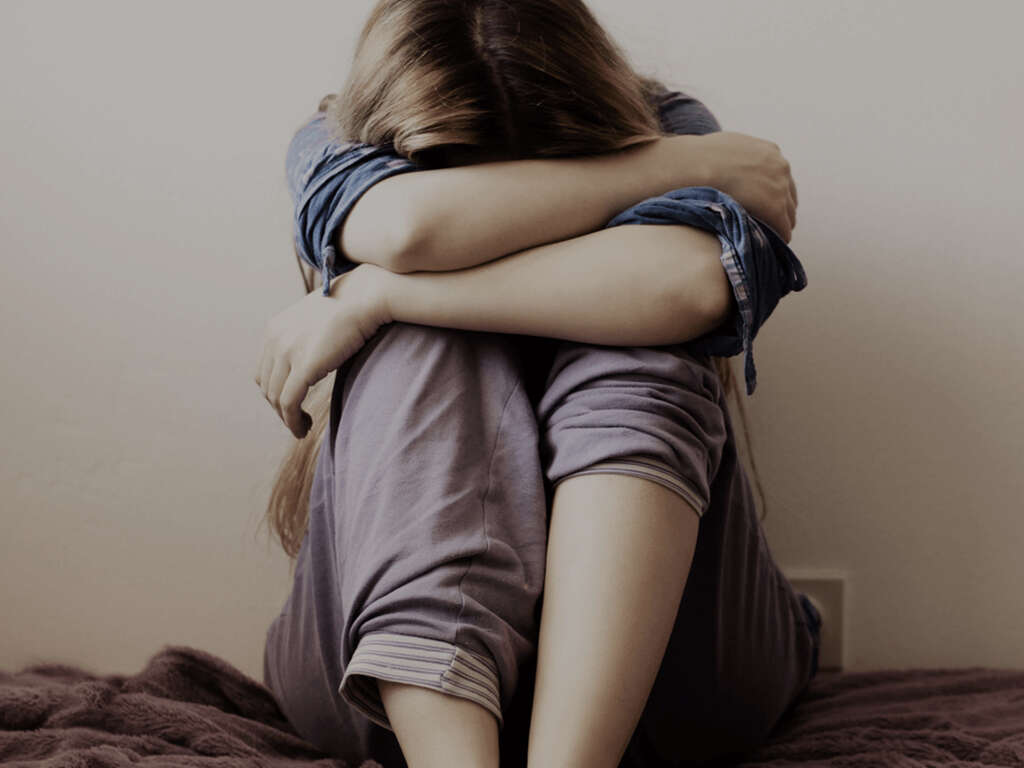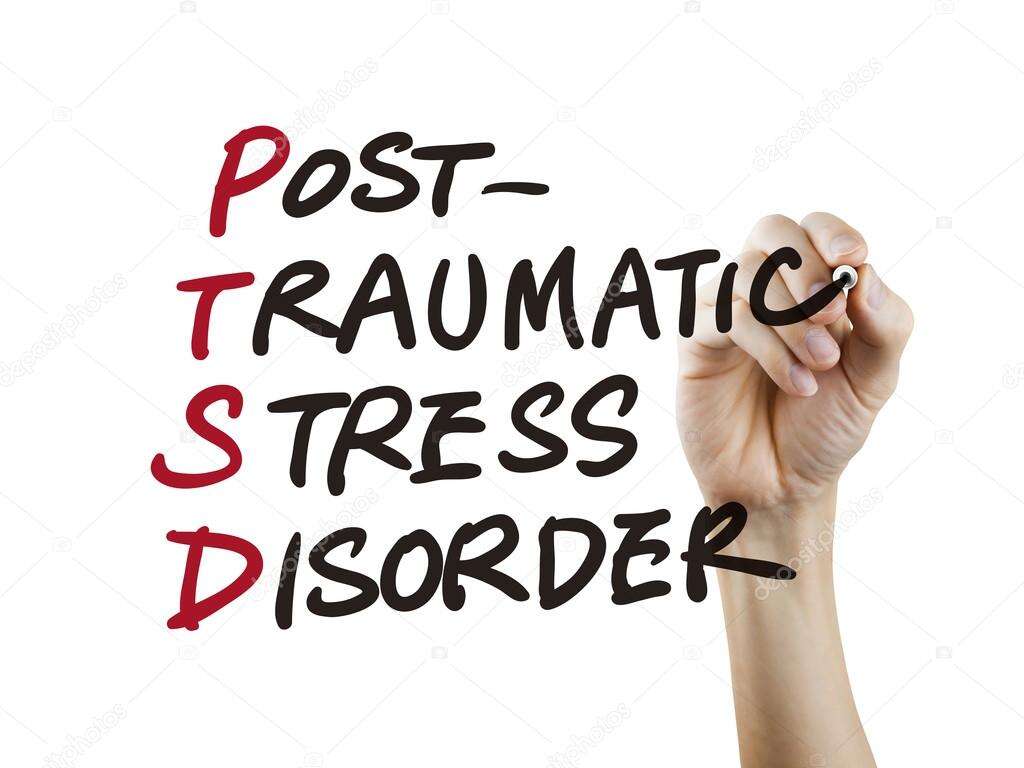What Is Post Traumatic Stress Disorder?
Traumatic experiences tend to happen to military personal or first responders who can witness some terrible things. However, anybody can experience something terrible out of the blue and even when they are relaxing in their own homes. It is something that can affect any person from all walks of life.
Our minds have certain mechanisms to help us process these events and cope with them, and most of us will be OK overall, albeit upset. Some people will find it more difficult than others, however, and some can suffer from mental health conditions that can have a serious impact on their quality of life.

1. Post-Traumatic Stress Disorder
People who have had particularly terrifying ordeal might develop a condition known as post-traumatic stress disorder. It is a condition where the event has had a considerable negative impact on the patient as they struggle to deal with the memories of the experience.
Post-traumatic stress disorder will cause symptoms that can be very disruptive to the patient’s life overall. It can cause symptoms that make it difficult for the patient to cope, although the symptoms will often improve as time goes by. Treatment is available for the condition and it is recommended that anybody suffering should get treatment as soon as they can.
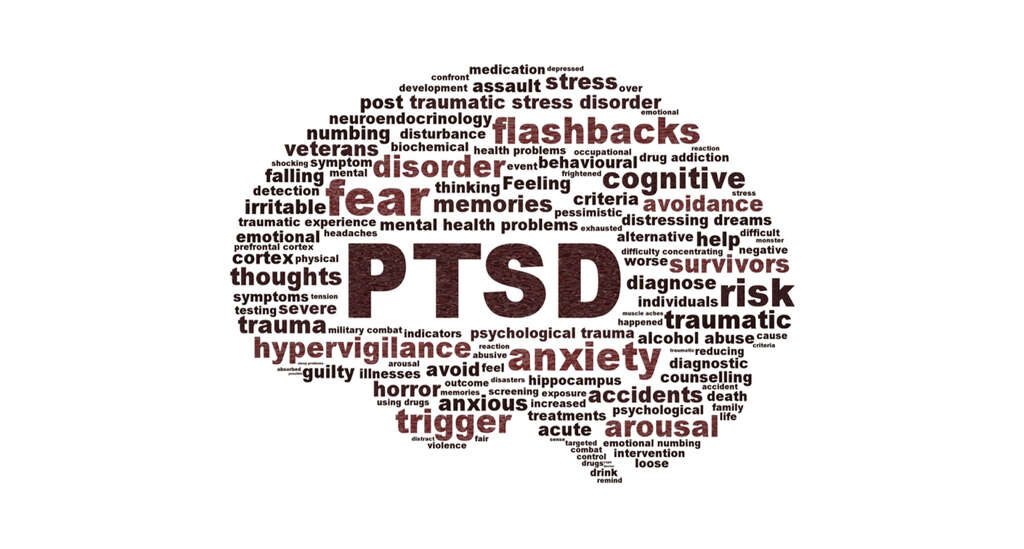
2. Causes
Post-traumatic stress disorder is similar to so many other mental health conditions in that it is difficult to understand the mechanism behind it. However, we do know that certain factors are associated with the condition. Perhaps the most obvious of these is the patient having undergone a harrowing event at some point in their life.
Other potential factors include other mental health conditions, including those that run in the patient’s family. Hormonal imbalances are another potential factor, as are certain inherited personality traits. A combination of these factors, and others, is often thought to be behind cases of post-traumatic stress disorder.

3. Mood Changes
Post-traumatic stress disorder can cause the patient to undergo significant changes in their mood. They can develop the habit of thinking that their future is hopeless, and generally harbor negative thoughts about themselves and others. The patient might also begin to feel detached from friends and family members.
The condition can also make the patient feel vacant emotionally and they may find it difficult to experience positive emotions. They may also begin to lose interest in hobbies and other activities and they can find it difficult to maintain relationships. Memory loss is another potential symptom, particularly memories that involve harrowing events.
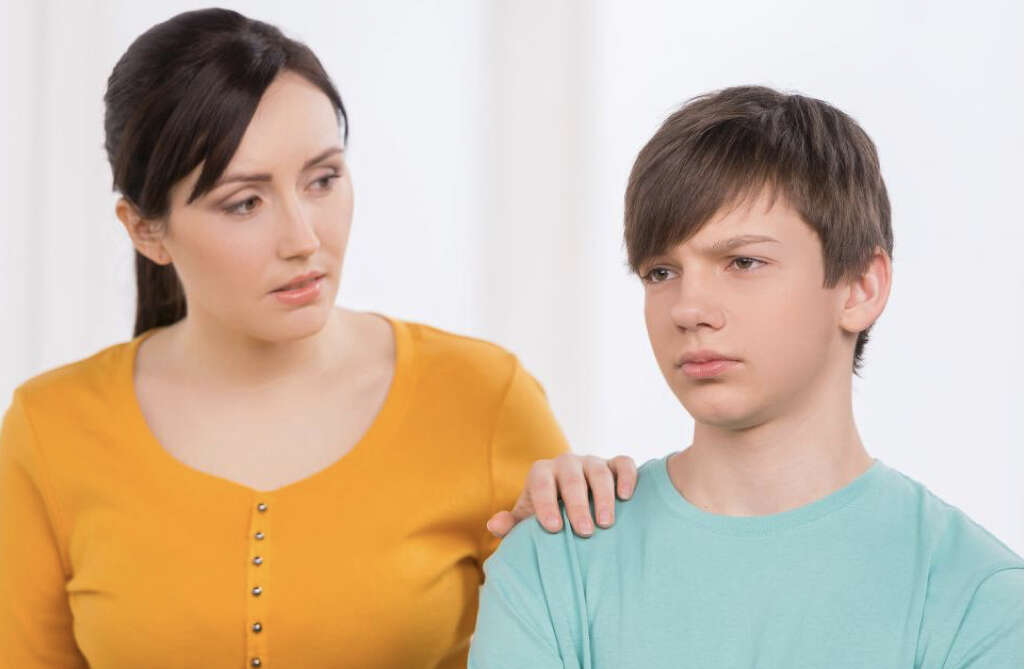
4. Reactions And Behavior
Post-traumatic stress disorder can also cause the patient to undergo changes in how they behave and how they react to what is around them. The patient can have difficulty concentrating and they can also find it difficult to get enough sleep. They may also feel shameful or guilty much of the time.
The condition can also cause the patient to become frightened or startled more easily than usual, and they will often be feeling anxious and alert. The patient may also be very irritable and may display uncharacteristically aggressive behavior. They may also display careless behavior that can put themselves and others at risk.

5. Unwelcome Memories
A traumatic event that led to somebody developing post-traumatic stress disorder is likely to be something that the patient would rather forget. However, memories of the event are likely to keep on recurring regardless of whether or not they are welcome. These memories can be very distressing for the patient.
The patient can also be haunted by recurring nightmares of the event that make it difficult for them to sleep. They can also become very distressed at anything that might remind them of the event. Flashbacks are another potential symptom, which are experiences that make the patient feel as though they are reliving the event again.
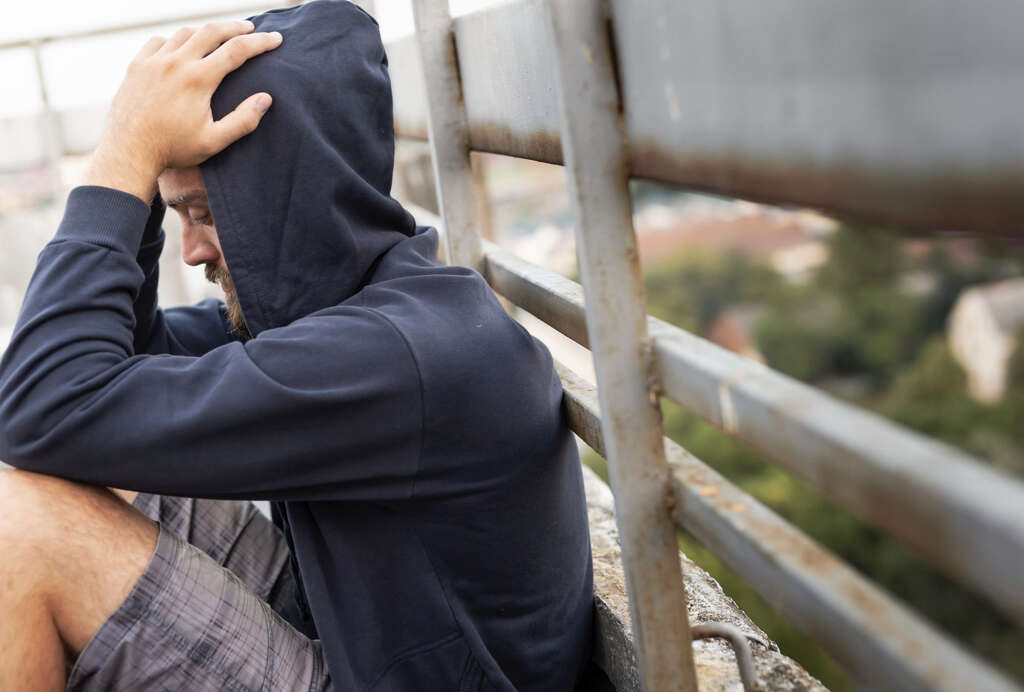
6. Avoidance
Such are the symptoms of post-traumatic stress disorder that the patient will often try and avoid anything that might trigger them. This can include trying to avoid thinking about the event, and also trying to avoid talking about it. This can make things worse for the patient because talking about it can help them to cope with it better.
The patient may also try and avoid taking part in activities that remind them of the event, and they may also try and avoid certain places. This can damage their social life, potentially exasperating the problem further. In some cases, the patient might also try and avoid certain people, even people who they used to be close to.

7. Complications
Post-traumatic stress disorder can also cause complications in addition to the symptoms already mentioned. These include damage to the patient’s social life, and some will experience severe disruptions in their family life. The patient may also find that their careers suffer as their performance and professional relationships suffer.
The condition will also cause some patients to develop eating disorders, which can also affect their physical health. The patient may also turn to drugs and/or alcohol to help them cope and this can also make things worse for them in the long term. Some patients with post-traumatic stress disorder will ultimately end up taking their own life.

8. Who’s At Risk
Some of the most likely people to experience post-traumatic stress disorder are those who work for the emergency services. Military personnel who see active duty are also in a higher risk category. Another high risk category is people who suffered from abuse as a child.
People who have undergone prolonged periods of stress are also more prone, as are people who have other mental health conditions. People who have a history of mental health conditions in the family are also in a higher risk category. Also at risk are people who don’t have access to a support system, including friends and family.

9. Prevention
It is difficult to say exactly who will develop post-traumatic stress disorder after experiencing a traumatic event. With this in mind, it is suggested that anybody experiencing such an event should seek professional guidance as soon as possible. This can help to prevent the condition occurring or at least limit its impact on the patient.
If you have suffered such a trauma and don’t want to speak with a professional, then at least speaking with a friend or family member can still help. One thing that is important is to avoid turning to drugs or alcohol for comfort. While it may provide temporary relief, it is only likely to make things a lot worse overall.

10. Treatment
Treating post-traumatic stress disorder will often involve the use of medication. This will often mean medication that will help to relieve anxiety, and antidepressants. Other medication may also be prescribed to help reduce nightmares and other symptoms the patient might be suffering from. Treatment for post-traumatic stress disorder will also typically involve psychotherapy.
Psychotherapy will tend to include exposure therapy, which involves gradually exposing the patient to memories that are troubling them. This is also sometimes combined with a technique known as eye movement desensitization and reprocessing, which helps the patient manage their reactions to triggers. Cognitive therapy is also often used to help treat treating post-traumatic stress disorder.









